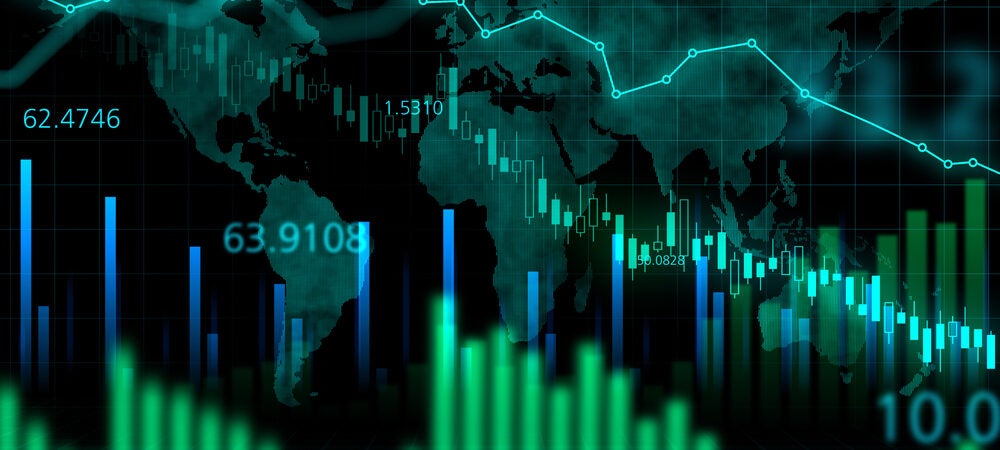Trade in goods has slowed markedly since the global financial crisis (GFC), but there is no deglobalisation: most countries have seen increased international integration across nearly all goods, services and factor markets. China has become more self-reliant and is a notable exception in goods trade. Despite some dramatic instances, protectionism has largely been kept at bay and trade in goods remains quite free, perhaps freer than it was before the GFC. The proliferation and deepening of free trade agreements have contributed to this outcome. There has been deglobalisation of capital markets, but not because of protectionism. Despite efforts to erect barriers in some sensitive sectors, technology flows quite freely across borders because of the internet. However, trade policy uncertainty increased after the election of President Trump, a trend that persists under President Biden, and the biggest challenge is to avoid backsliding. There are many missed opportunities in the globalisation of services and of capital flows – especially those to developing countries. Increased migration remains potentially the largest source of gain from globalisation, but it is also the most fraught politically.
The idea that deglobalisation is underway has become commonplace (Irwin, 2020). Deglobalisation means that most countries become progressively less connected through all or most channels: trade in goods, trade in services, capital flows, movement of people and the transfer of technology. Such a process would thus mark a reversal of economic trends that have prevailed over at least the last 150 years, interrupted only by world wars and economic depression.
DeglobandProtPDFBruegelUri Dadush (uri.dadush@bruegel.org) is a Non-Resident Fellow at Bruegel and Research Professor at the University of Maryland.
To view the full report, please click here.

